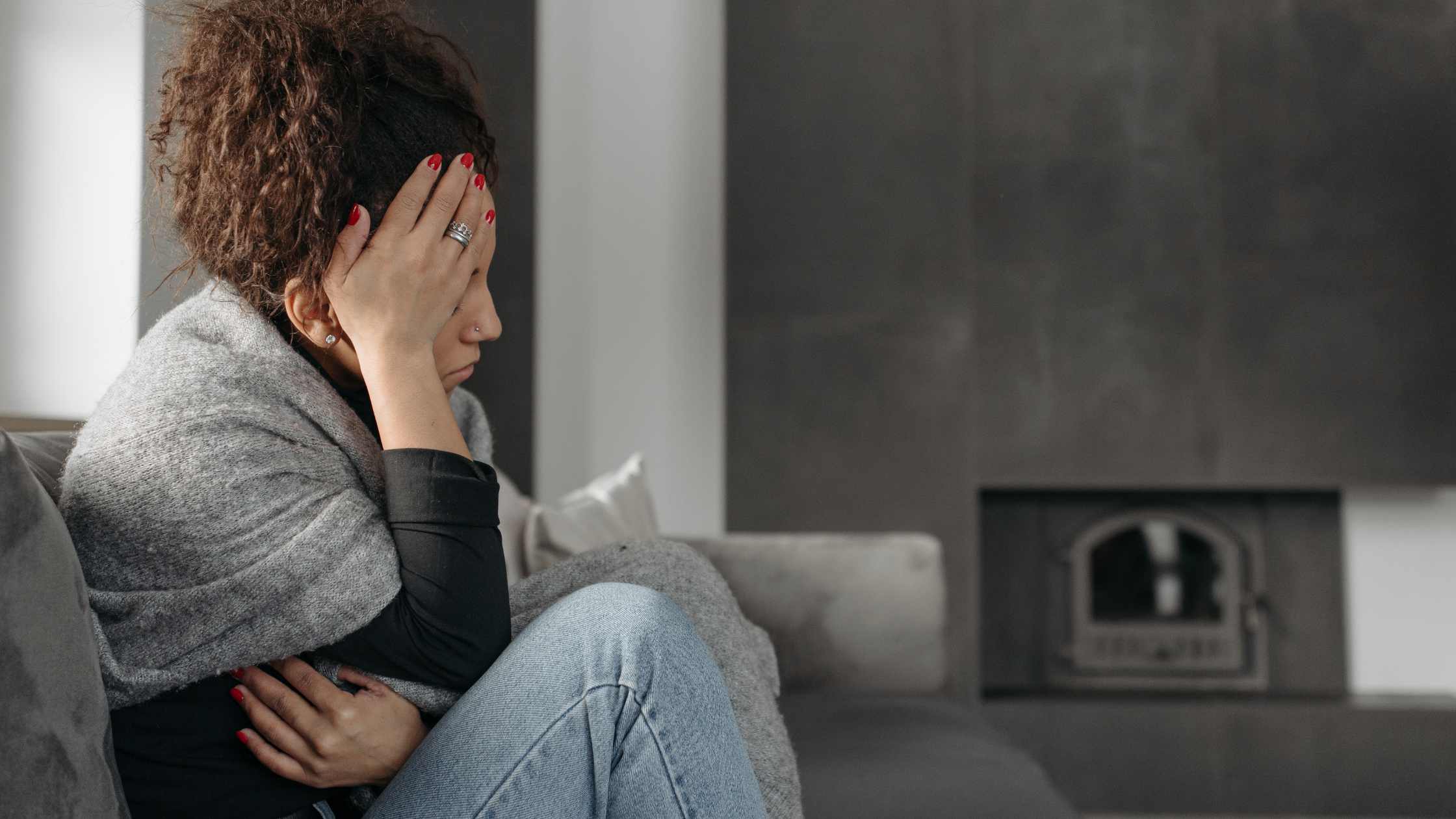A Personal Story from Someone Who's Been There
I didn’t think I needed help.
That’s how it starts for a lot of us.
I thought I was just dealing with “stress” or a “rough patch.” I thought I could drink less on my own. I thought I could manage the panic attacks with caffeine and silence.
But the truth? I was spiraling. Slowly. Quietly. And no one really knew.
A Day in My Life Before Treatment
Mornings were the worst. I’d wake up with my heart racing, soaked in sweat from my anxiety, usually after a night of binge drinking or no sleep. I would feel guilty for nothing in particular that I did, just for doing it again, drinking too much. I’d pop on a fake smile, throw on some clean clothes, and convince everyone, mainly myself, that I was okay.
By mid-afternoon, I was checking out emotionally—scrolling endlessly, avoiding people, feeling the weight of depression I couldn’t shake.
At night, the insomnia came. Racing thoughts. Regret. Loneliness. I searched the web over and over for things like:
"Best medicine for depression and anxiety,”
"Therapist clinic near me,”
"How to stop drinking on my own,”
"Anxiety disorder treatments that work.”
But I never clicked on anything. Not really. Because that would mean admitting I needed help. Every story I would read would give me the chance to think “oh I am not that bad,” which mean’t that I couldn’t have a problem.
The Moment That Changed Everything
One night, after another anxiety attack left me frozen on my bathroom floor, I typed “treatment center nearby” one more time—and clicked. I found a center for treatment and recovery in Northridge that offered outpatient care, DBT therapy, trauma counseling, and EMDR.
I told myself I’d just “talk to someone.” but I didn’t need to go to those groups. I wasn’t one of those people.
But walking through the doors was the start of everything changing.
My First Week in Outpatient Treatment (IOP)
My program included group therapy, trauma-focused sessions, and individual counseling. I met people just like me. People who smiled in public but felt broken inside.
The first time I tried brain spotting therapy, I cried. The therapist explained how trauma gets stored in the body and the brain. It made sense. My body had been screaming for help long before my voice ever did.
I started DBT therapy and finally had tools for emotional regulation. We worked on mindfulness, boundaries, and how to sit with discomfort instead of numbing it.
I learned to be present with the pain. I let myself feel it, fully, and then slowly release it. It's funny how the thing I have been running from for so long was the one thing that made me feel the best on my recovery when I finally faced it. I wish my old self would have foreseen this sooner and not been so scared.
Life Now: Still Healing, But Stronger
Recovery is not a straight line. Some days are tough. But now, I have support. I know the signs. I know when to reach out, and I have people to reach out to. I have a system, a plan, and that feels good.
I sleep and I laugh again.
I still go to therapy, and I’m still healing.
But I’m not hiding anymore. I learn so much about myself every day. Some of it isn’t so pretty, but I feel like even the worst days in recovery are better than what I was doing before.
If you’re reading this and you're googling “insomnia and anxiety treatment” or searching for “emotional therapist near me”, let me say this:
You are not alone.
You do not have to hit rock bottom to get help.
The hardest part is reaching out—and you’re already halfway there.
What I Wish I Knew Before I Got Help
If you're anything like me, you're probably quietly Googling late at night, trying to make sense of your pain. I remember searching things like:
“What kind of therapy helps with trauma?”
“Is there a therapist clinic near me that takes insurance?”
“Do I need rehab if I’m still going to work every day?”
So let me answer a few things I wish someone had told me:
What is outpatient treatment like for mental health and addiction?
Outpatient care, like PHP or IOP, is structured and supportive without requiring you to stay overnight. You attend therapy sessions during the day and return home after. It gave me the consistency I needed, without having to disappear from my life.
Will insurance cover this?
Yes. I had the same question. Most insurance plans cover programs like ours here in Northridge, and the staff helped me figure everything out—no judgment, just help.
What therapies actually work?
For me, it was a mix:
DBT therapy gave me tools for managing my emotions.
Brain spotting helped me process trauma I didn't even know I was carrying.
EMDR changed how I experienced certain memories.
And group therapy reminded me I wasn’t alone.
How do I know if I really need help?
If you’re asking the question, you probably already know the answer. You don’t have to wait until it gets worse. Whether it’s substance use, anxiety, trauma, or emotional burnout—getting help sooner makes a huge difference.


